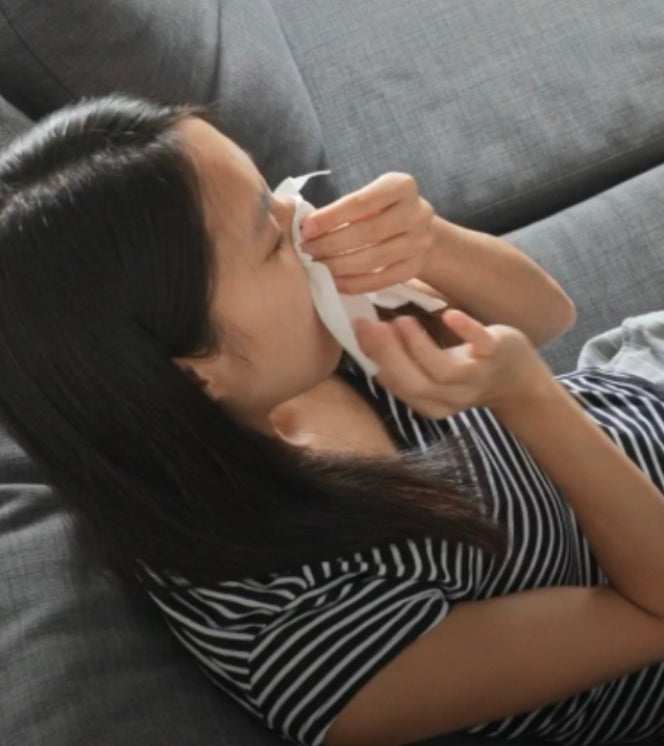As spring blooms across Australia, it's a time of renewal and beauty. However, for many, it's also the season when allergies can make their presence felt. Understanding the difference between allergies, colds, the flu, COVID-19, and RSV is especially crucial during this time of the year. In this blog post, we'll break down the key differences to help you make informed decisions about your well-being and enjoy the wonders of spring to the fullest.
🌸 Spring in Australia:
Springtime Down Under is a unique experience filled with colorful blossoms, longer daylight hours, and a sense of rejuvenation. However, this season also brings a surge in pollen levels, which can trigger allergic reactions in many individuals. As the air fills with fragrant blooms, it's essential to distinguish between seasonal allergies and other respiratory illnesses.
🌼 Allergies:
Allergies are a common occurrence, affecting millions of Australians during spring. They occur when your immune system reacts to substances such as pollen, pet dander, or dust mites. Common symptoms include sneezing, a runny or stuffy nose, and itchy or watery eyes. Allergies don't typically cause a fever.
🤒 Colds:
The common cold is caused by different viruses and shares some symptoms with allergies, such as a runny nose and cough. However, colds often come with more systemic symptoms, including fatigue and occasionally a low-grade fever. Colds usually last for a few days to a week.
🤧 Flu (Influenza):
Influenza, or the flu, is known for its severe symptoms. It often includes high fever, body aches, chills, headache, and a dry cough. Unlike colds, the flu can be more debilitating and lasts longer. A high fever is a common symptom.
🦠 COVID-19:
The COVID-19 pandemic has heightened awareness of respiratory illnesses. COVID-19 symptoms include fever, dry cough, shortness of breath, loss of taste or smell, fatigue, and body aches. Testing is crucial for accurate diagnosis.
👶 RSV (Respiratory Syncytial Virus):
RSV primarily affects infants and young children but can affect adults too. It leads to congestion, runny nose, coughing, wheezing, and fever in young ones. In older individuals, it may resemble a cold or mild flu.
Knowing the differences between these conditions is vital, especially during this vibrant season. As we embrace spring's beauty, it's equally important to be prepared.

